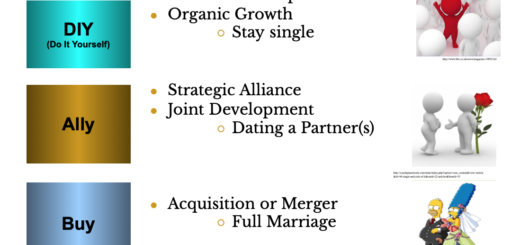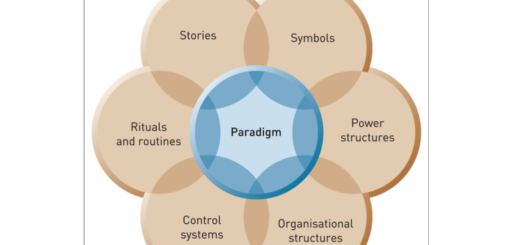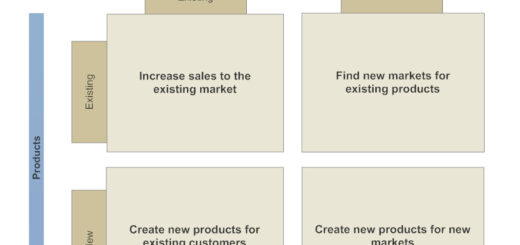Importance of Work Motivation:
Work motivation refers to the set of psychological factors that drive and influence an individual’s behavior, thoughts, and actions in the workplace. It is essential in managing employees effectively, as it impacts job satisfaction, performance, and organizational success. Work motivation is a complex and multi-dimensional concept that has been studied extensively in the field of management.
Importance of Work Motivation:
- Central Role in Management: Work motivation is a critical element in managing people effectively. Understanding the factors that drive employee motivation can help managers create a positive work environment, increase job satisfaction, and boost productivity.
- Integral to Performance: Work motivation is closely related to job performance. Motivated employees are more likely to work harder, take on more challenging tasks, and have higher levels of engagement and commitment to their work.
- Permeates Many Sub-fields in the Study of Management: Work motivation is a fundamental concept that has implications across many sub-fields of management, including organizational behavior, human resource management, and strategic management.
- Research History: The study of work motivation has a rich research history spanning several decades. Many theories and models have been developed to understand the factors that drive employee motivation, including Maslow’s Hierarchy of Needs, Herzberg’s Two-Factor Theory, and Self-Determination Theory.
- Research Future: The study of work motivation is an active area of research, with ongoing efforts to refine and expand our understanding of the concept. Advances in technology, changes in the nature of work, and shifts in workforce demographics will continue to shape the future of work motivation research.
In conclusion, work motivation is a crucial factor in managing employees effectively and driving organizational success. Understanding the factors that drive employee motivation is essential for creating a positive work environment, increasing job satisfaction, and improving job performance.




